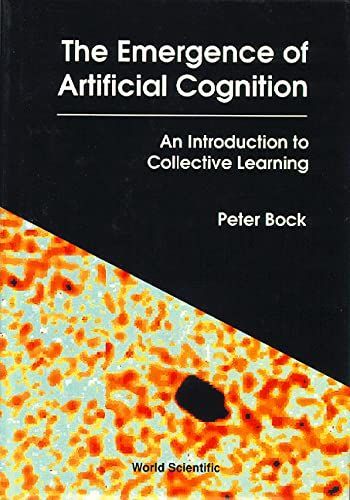
The Emergence of Artificial Cognition An Introduction to Collective Learning
An internationally recognized scientist presents his theories and associated technology for the coming generations of adaptive intelligent machines. In this extraordinary book, the pioneer of research in collective learning systems (an adaptive learning paradigm for artificial intelligence) describes the processes of cognition, postulates a fundamental adaptive building block for assembling very large scale collective learning systems (the learning cell), and proposes a design for the ultimate machine: a hierarchical network of 100 million learning cells that could exhibit the full range of cognitive capabilities of the human mind. The author predicts that using the classical "expert system" approach to create such a vast knowledge base would require thousands of years to program all the rules. As a feasible alternative, he explains how a massive collective learning system could achieve this goal in about 20 years, much as humans do. Based on natural biological precedents, a collective learning system acquires its knowledge through trial-and-error interaction with the real world. To put it all in proper perspective, the author introduces a theory of games for modeling the various processes of the universe, presents a futuristic glimpse of the creation of the first artificially cognitive being, and discusses the philosophical issues raised by the prospect of creating machines that exhibit human-like cognition. Two chapters are devoted to the design and evaluation of collective learning systems. The final chapter presents the remarkable results of an on-going international research project directed by the author, a parallel-processing collective learning system that simulates the sub-symbolic adaptive vision functions of the brain.